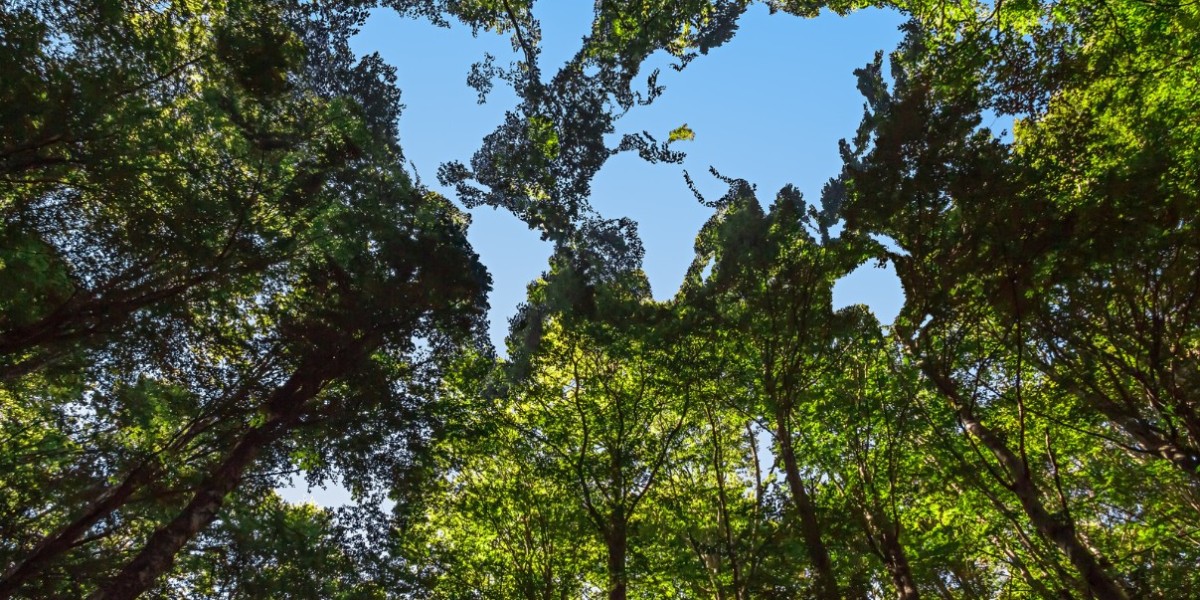Environmental conservation is an essential practice aimed at protecting and restoring the natural world. As human activities continue to impact the planet, the importance of environmental conservation has become increasingly clear. This article explores the significance of conserving our environment, the challenges we face, and the actions individuals and communities can take to make a difference.
At its core, environmental conservation seeks to preserve natural resources, ecosystems, and biodiversity for current and future generations. This involves protecting endangered species, restoring habitats, and maintaining the balance of ecosystems. One of the primary reasons for focusing on environmental conservation is the alarming rate of species extinction. According to the World Wildlife Fund, human activities such as deforestation, pollution, and climate change are driving many species to the brink of extinction. By prioritizing environmental conservation, we can help safeguard these species and ensure the health of our planet.
Another significant aspect of environmental conservation is the preservation of natural resources. Our planet is rich in resources, but they are finite. Overexploitation of resources like water, minerals, and forests has led to depletion and environmental degradation. Sustainable management practices are crucial to ensure that we use these resources responsibly. This includes practices like reforestation, sustainable agriculture, and water conservation. By implementing these strategies, we can maintain the availability of resources while also promoting a healthier environment.
Climate change is one of the most pressing challenges facing our planet today, and environmental conservation plays a vital role in addressing this issue. Deforestation and habitat destruction contribute significantly to greenhouse gas emissions, exacerbating global warming. By conserving forests and restoring damaged ecosystems, we can enhance carbon sequestration, helping to mitigate climate change effects. Furthermore, protecting natural habitats aids in building resilience against climate impacts, allowing ecosystems to adapt to changing conditions.
The role of individuals and communities in environmental conservation cannot be overstated. Grassroots movements and local initiatives have proven to be effective in fostering awareness and promoting sustainable practices. Simple actions such as reducing waste, recycling, using public transportation, and supporting local conservation efforts can collectively make a significant impact. Educating others about the importance of environmental conservation can also create a ripple effect, encouraging more people to take action.
Governments and organizations also play a critical role in promoting environmental conservation through policies and regulations. Establishing protected areas, enforcing laws against pollution, and investing in renewable energy are essential steps in creating a sustainable future. Collaboration between governments, NGOs, and local communities is crucial for effective conservation efforts. Organizations like HFA provide valuable resources and support for those passionate about environmental protection, helping to mobilize collective action.
In conclusion, environmental conservation is vital for ensuring a sustainable future for our planet. By protecting ecosystems, managing resources responsibly, and addressing climate change, we can create a healthier environment for ourselves and future generations. The responsibility lies not only with governments and organizations but also with individuals who can contribute to conservation efforts through their daily choices. As awareness grows and more people recognize the importance of environmental conservation, we can work together to protect our planet and foster a sustainable, thriving ecosystem for all living beings. Embracing conservation is not just a necessity; it is a moral obligation to preserve the beauty and diversity of the natural world.



